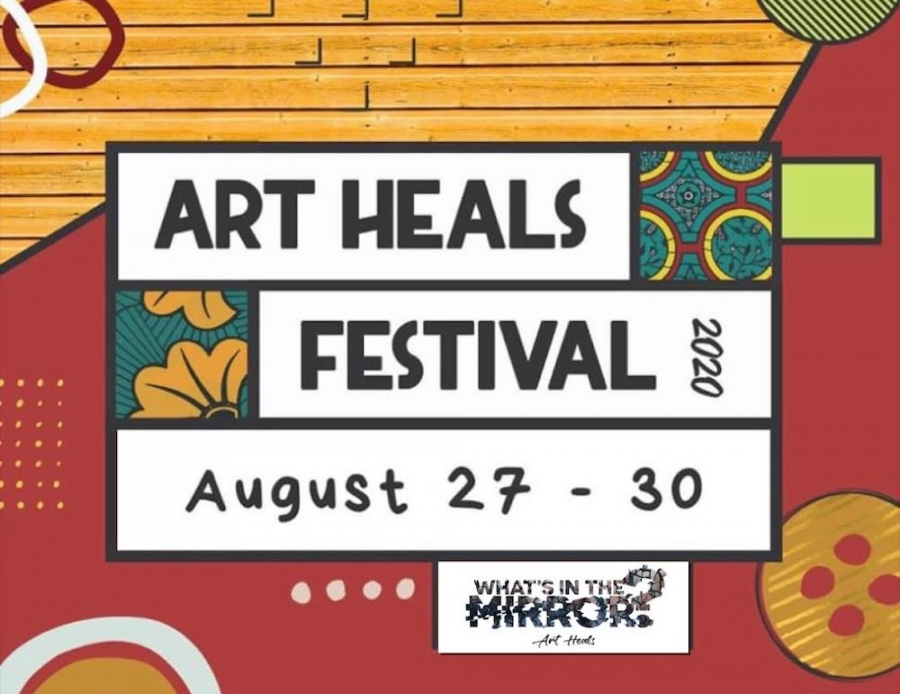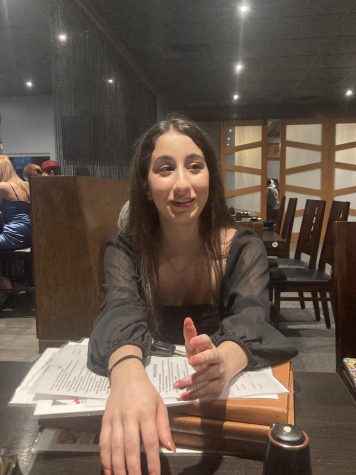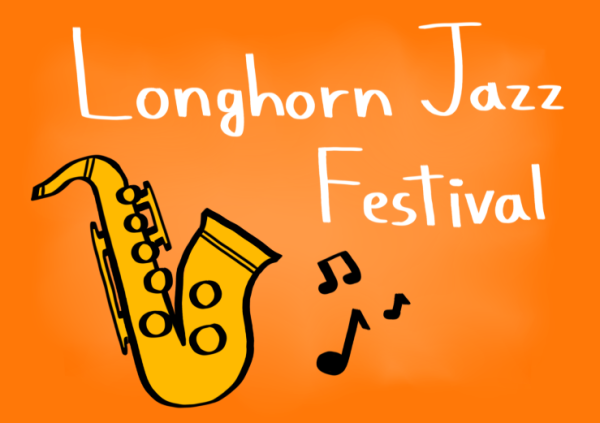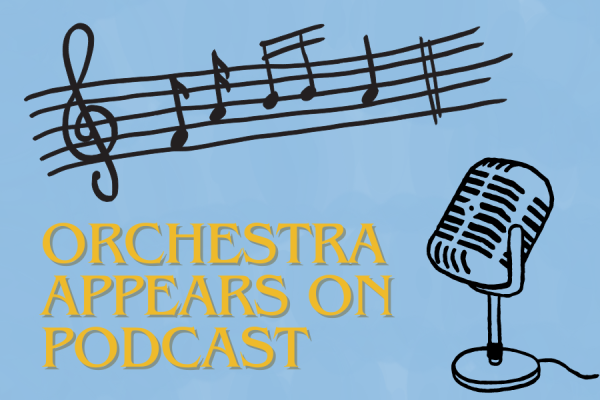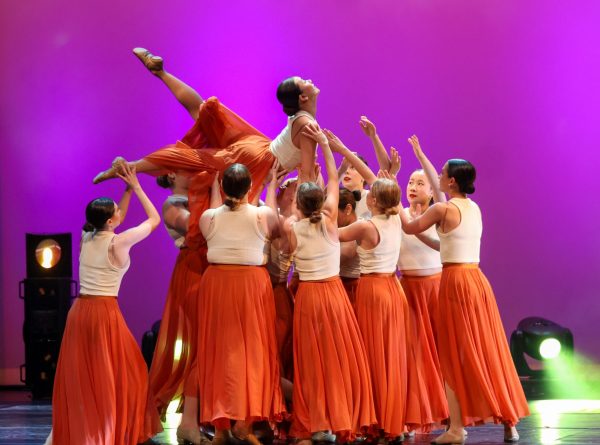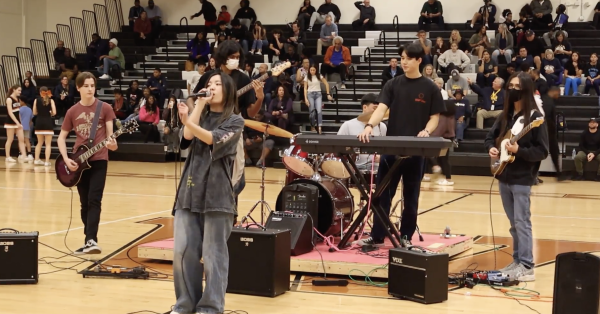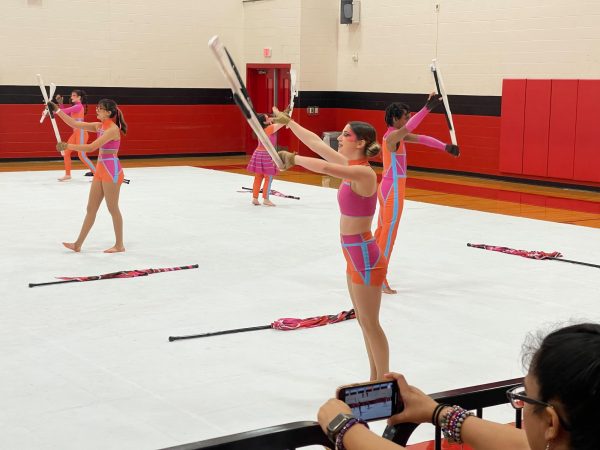‘Art Heals Festival’ Advocates for Healing Justice
In a year that has been devastating for the mental health of many, communities of color have been disproportionately impacted due to inequalities in both the healthcare system and the world. Nonprofit organization WhatsintheMirror? aims to address these issues through their advocacy for the mental well being of people of color through art, which can be an outlet for healing.
“[We are] focused on the intersectionality of mental health and HIV Prevention/PWLHA through advocacy, art, and affirming care to marginalized communities,” the organization said in a statement on their website.
Last week, from Aug. 27 to 31, the organization held their first ever virtual “Art Heals Festival” aimed at promoting awareness for this cause. The virtual event was streamed on Twitch, Facebook Live, and Youtube. Along with performances from artists, the event featured advocates for accessibility for mental health resources for people of color.
“There’s certain traumas that we as a people have been living with and are suffering through that an outsider may not be able to grasp the breadth of, grasp the depth of, and may not be able to really address or even hear our needs,” Associate Director Sani Ballard said.
As part of their work to combat this problem, WhatsintheMirror? helps put members of the community in contact with Black therapists who can understand a person’s specific needs.
“With the recent events of George Floyd, and the revolution that we’re going through for more equity around our quality of life, it’s important that we start putting Black people in these kinds of positions, where they can help our community, and they can run clinics, and they can have mental health nonprofits, and the money actually goes to them,” Founder Tarik Daniels said.
After the introduction by hosts Frankie Phoenix and Zac Miles, artists gave virtual performances. Some featured artists included comedian Andy Feds, house music artist DJ Shani, Poet Uwazi Zamani, musical artist Theo Love, and award-winning student advocate Grant Loveless, who gave a poetry performance about the happiness they found in having freedom in their identity.
“What do I have to do to be loved/ Yes I am different/ unique in my own way/ born in my own style/ What if I am alone dancing proudly in the rain to a hypnotic beat/ I am happy, proud of who I am,” Loveless recited in verse while reading one of their poems, Pieces.
The event varied from artistic performances, however. Writing workshop facilitator Enaganguly gave a presentation on literature regarding ancestry. African dance instructor Jean-Claude Lessou also directed a segment, along with fitness instructor Rocky Lane.
On the final day of the festival, the performances included a dance piece choreographed by Quinton Weathers and performed by Matthew Vargas to Over the Rainbow, by Todrick Hall. The majority of the festival consisted of a documentary showing. The documentary, And Then They Were Loved, featured Queer people of color discussing their experiences with their identities and the effects their experiences had on their mental health.
“It got to the point where it was so bad- I don’t even know if this was a dream or real life- my mom, her and I were driving, and we got into a little argument [about my orientation], and she looks in the rearview mirror and she goes, ‘Marcus, you have no idea how disappointed your dad would be in the life that you’re living,” Marcus Bearden, one of the people featured in the documentary, said. “And it shocked me, cause I was like, ‘A person that doesn’t even know me is hating me in Heaven.’ And even to this day I still struggle with that [memory].”
After the documentary, Dr. William Mosely gave the closing keynote speech of the festival, focusing on the topic of transformative justice.
“At the root of it, really, is a determination that the present conditions of the world are unbearable. That at the heart of it, we have people who are not feeling well… what happens when the systemic oppression is so irrevocable, so unalterable. We as a society need to change that. That is transformative justice,” Mosely said.
To watch the festival and learn more about WhatsintheMirror? you can visit the organization’s youtube channel, or their website. There they update on their current programs to provide mental health support for people of color, and people living with HIV, a topic which founder Tarik Daniel continues to focus on and spoke about in an interview with the Austin Chronicle.
“In 2020 it’s like you have nothing to lose. We’re in a pandemic; there’s civil unrest, so now’s the time to really be unapologetic about changing the status.”


